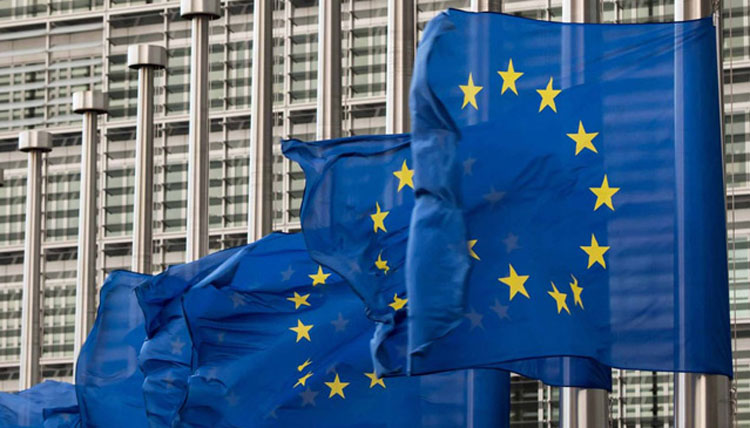The Diplomat
The COVID-19 pandemic has caused a drastic drop in Europeans’ sense of freedom, according to a survey by the European Council on Foreign Relations (ECFR). Spaniards, however, are among those who least feel they have lost freedoms.
The survey, carried out with data from twelve EU countries covering more than 300 million citizens, focuses on the problems caused by the coronavirus and concludes that there is no homogeneous feeling, but that there are big differences between north and south and between east and west.
The report, entitled “Europe’s invisible divides: how covid-19 is polarizing European politics”, shows that while most countries in the east and south of the EU bloc claim to have been affected by the virus, the opposite is true in western and northern European countries. This leads ECFR to stress that there is “a story of two different pandemics in the EU”.
This difference is highlighted, for example, in perceptions of how they feel their individual freedoms have been affected as a result of the pandemic. Overall, only one in five Europeans (22%) of Europeans said they felt “free” today, compared with 64% of those who said they felt “free” two years ago. But this is not a homogeneous sentiment.
For example, in Germany, almost half of the respondents (49%) confirmed that they were not able to live their lives as they wished, a much less profound feeling in countries such as Spain and Hungary, where 86% and 88% of respondents, respectively, said they felt “free” or “partly free”.
In the case of Spain, only 11 % of respondents indicated that they did not feel free in their daily lives.
As for the problems that the coronavirus has caused them, the study notes that 54% of respondents indicated that they have not had any problems either health or economic or any loss of a close one, with the Danish population in the lead (72%), followed by the German population (65%), France (64%) and the Netherlands (63%).
At the other extreme, i.e. those countries where the majority of participants indicated that they have been personally affected by covid-19, are Hungary (65 %), Spain (64 %), Portugal (61 %), Poland (61 %), Bulgaria (59 %) and Italy (51 %).
The survey also reflects the deep divisions within the European population not only geographically, but also generationally: almost two thirds (64 %) of those over 60 years of age rejected that covid-19 has harmed them on a personal level, however, the majority of young people (57 %) stated the opposite.
On the other hand, almost half of EU citizens (48 %) felt that individuals did not follow the rules, people returning from trips abroad and foreign nationals were the most important determinants of the impact of the virus,
Also, a similar percentage (43 %) attributed the outbreak and spread of Covid-19 to governments, including their own, foreign actors such as the Chinese government, or institutions. This view is especially shared in Poland (58%), Spain (57%) and France (52%).
The majority of Europeans believe in the underlying reasons for the restrictions imposed by their governments to stop the spread of the virus, according to the report, with 64% of respondents believing that the confinements were implemented to contain the spread of the virus, a figure that rises to 67% in the case of Spain.
However, there is also a gap between those who trust the government’s reasoning for instituting national restrictions against the coronavirus and those who believe that the state-enacted containments were “an excuse to control the public” or a ploy by governments to appear to have the crisis under control. Respondents in Poland were the most atypical, with 62% expressing doubts about the government’s motivations.






